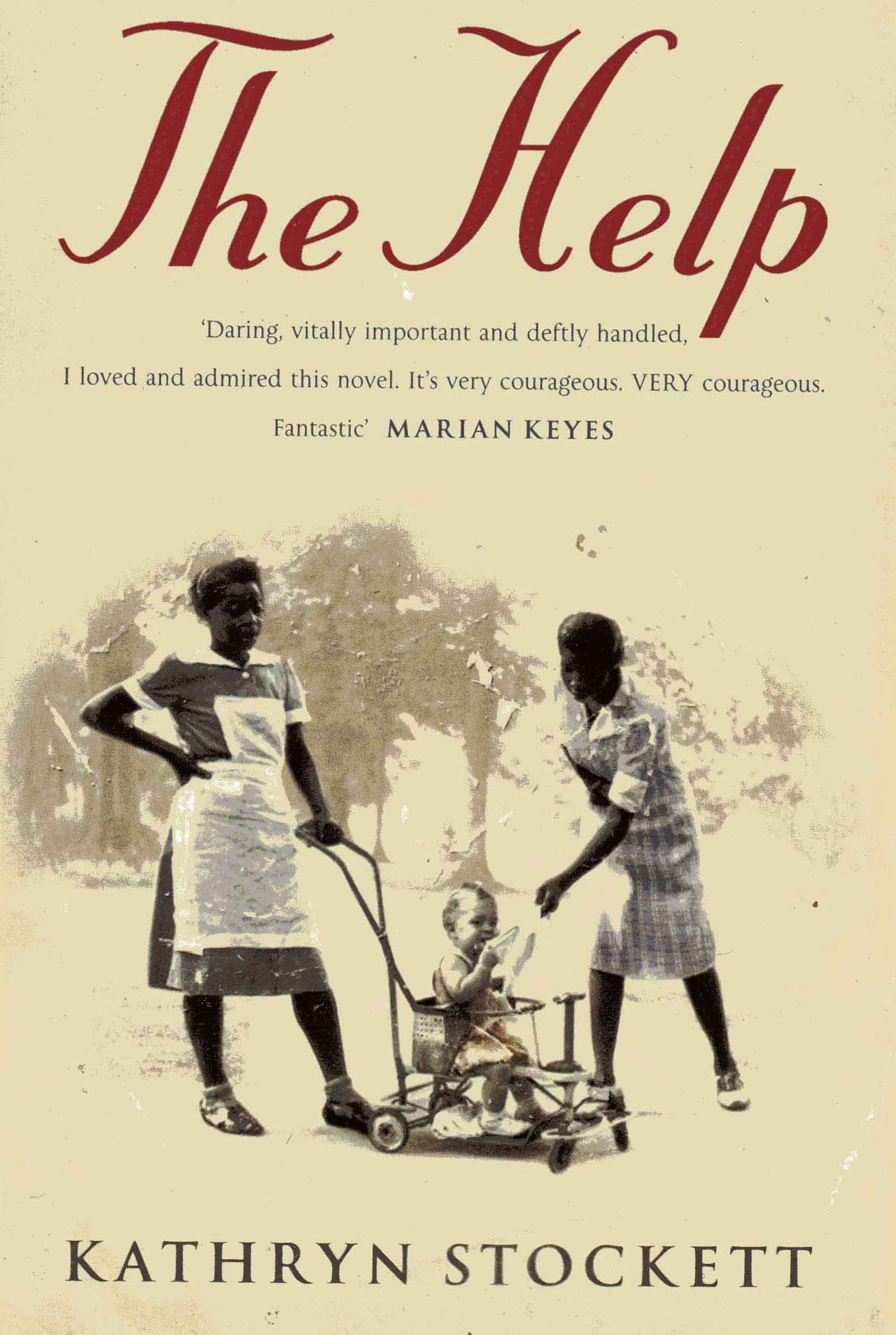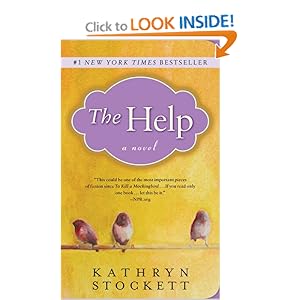Some useful conversation in class today on this topic. I hope that it will stay with us as we discuss the book itself. While we did not take up this question, perhaps we will later. Do the several book covers urge one or another of these reasons upon us as we browse the bookstore tables?



- Some people might read it for their personal entertainment which is, of course, a reason why many people read fiction. Since it is a book that relies on characters and plot, this seems to be a likely reason why many people who put the book on best seller lists read it. No one seems to be making the case that this great, enduring literature.
- Another related reason, perhaps a sub-set of the first, is that people might read it because it treats a time that they remember. This is related to one student's observation of current popular interest (nostalgia?) for the 1960s. Of course, lots of people lived through the 1960s and they had various experiences of those years. Not all of them will recognize themselves in this book; or, if they do, they might not care for the portrayal of themselves in the book. Such persons might buy the book, read some of it, but not finish it.
- Even if they did not live through those years, other readers might read the book hoping to gain knowledge about and understanding of the USA in the early 1960s, more specifically 1963-64. Here we want more specificity. What about those years? General period stuff: news items, stuff for sale, fashion, cars, etc.? The emerging civil rights and women's liberation movements? Regional (southern) and class culture, especially among women? Race relations? One young white woman's coming to consciousness? This reason seems to be at the heart of the controversy. Put it this way: to what degree, if at all, does this book provide an accurate portrayal of its subject? And behind this question addressed to this book in particular is the more general question about the potential of fiction to provide historical knowledge or to increase our understanding of people who are not us or times that are not ours.
- Given that the book is both popular and has generated a controversy, we might read it for the window it gives on the current state of race, class, and gender relations in the USA. To do this requires that we read the book along with other readers (as well as with some who resist reading the book.)



No comments:
Post a Comment